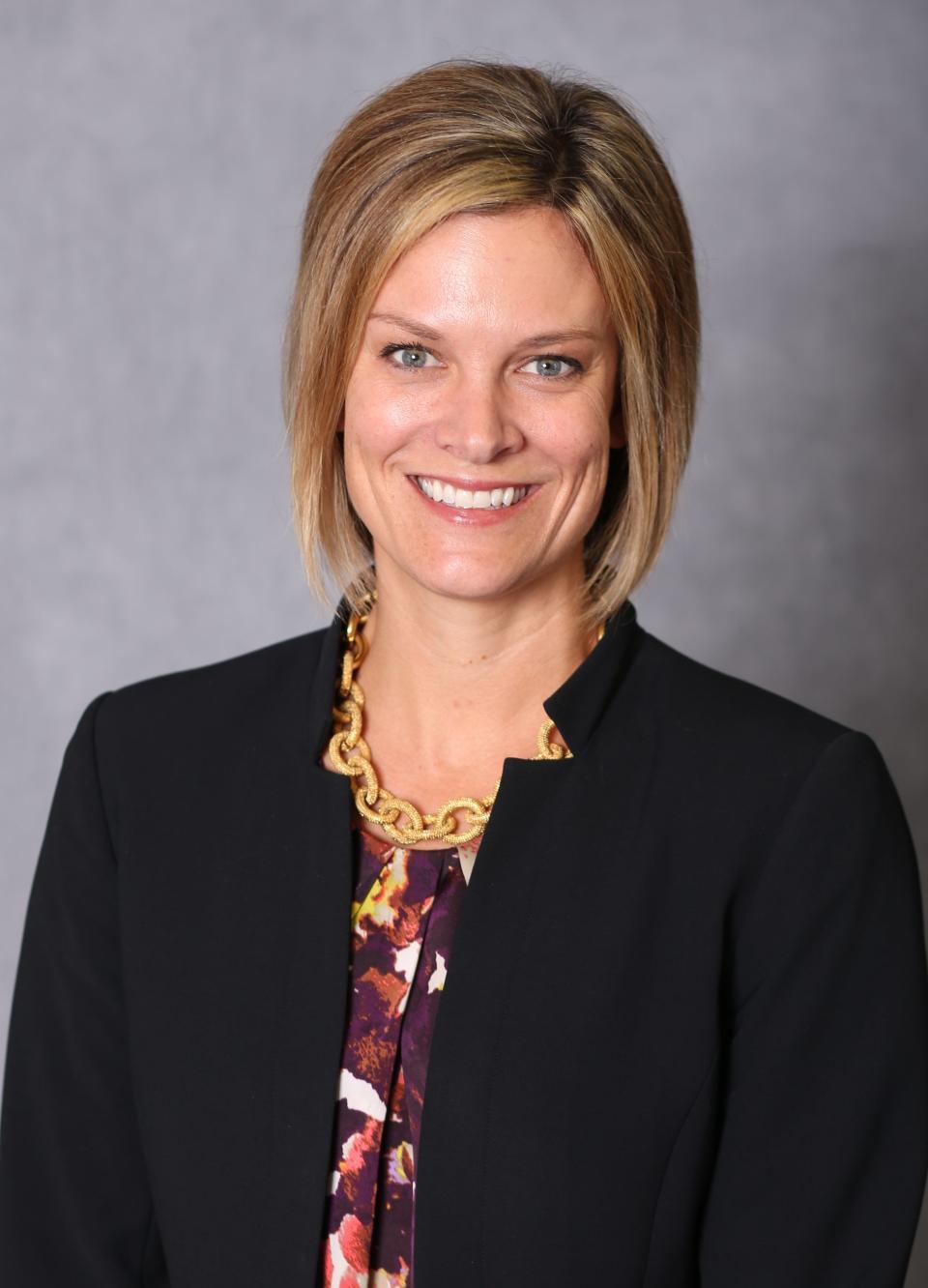Help Iowa’s pharmacies, patients by preventing PBM profiteering
Iowans may have noticed more local independently owned pharmacies closing these days — particularly in our rural areas. Pharmacists who have served their communities for years — even decades — are losing their jobs. Rural Iowans are being forced to drive miles to access the prescriptions they need. And all Iowans are paying too much out of pocket for their medicines.
These issues are not unique to Iowa, and, unfortunately, they will continue until our elected officials take the necessary steps to prevent them.
So, how can our leaders help?
It ultimately comes down to pharmacy benefit managers, or PBMs — middlemen who have found creative ways to siphon money out of our prescription drug supply chain at every step, from drug manufacturers, local pharmacies, and patients to make huge profits.
PBMs have leveraged their position in the supply chain to make demands on manufacturers and pharmacies, without providing any significant savings to patients. They have been able to get away with this because only three PBM corporations control more than 80% of the U.S. prescription drug market — Express Scripts, OptumRx, and CVS. These PBMs are also vertically integrated with insurance companies and their own pharmacies, stifling competition, and eliminating independently owned pharmacies.
PBMs' unfair business practices are particularly harsh on Iowa’s small local pharmacies. Since the largest PBMs own their own pharmacies, they frequently engage in “steering” patients to use their pharmacies even if it’s inconvenient and prevents patients from seeing their trusted independent pharmacist. PBMs also reimburse pharmacies less than it costs to distribute prescriptions.
These practices continue to put independent pharmacies at a disadvantage, and in many cases out of business. As pharmacists, our patients are our priority. PBMs’ priority is profit.
This is why the Iowa Pharmacy Association, with other key stakeholders, created the PBM Accountability Project of Iowa to tackle the damaging influence of these PBMs. Thankfully, the attention being paid to these middlemen is growing and there are promising efforts to finally pass reforms.
Just this year, Ohio Attorney General Dave Yost filed a lawsuit against the state’s PBM for using an overseas entity to illegally drive up the price of prescriptions. Yost referred to PBMs as “modern gangsters.” Several other states have found that PBMs overcharged them by hundreds of millions of dollars. There is work being done in Congress to make PBM contracts more transparent and to decouple the link between PBM profits and the price of prescriptions.
In Iowa, Gov. Kim Reynolds and the Legislature have taken encouraging steps to tackle this issue. This work is critical to ensuring patients can access the medicines they need. The PBM Accountability Project of Iowa supports these efforts. We are encouraged to see PBMs are finally getting the scrutiny they have avoided for so long. We must build on this momentum.
The PBM Accountability Project is educating presidential candidates as they campaign about the critical need for this reform. I urge every independent pharmacist and patient to speak with their elected officials about PBM reform as well.
By addressing PBM issues, we can help protect our local pharmacies, patients, and communities.

Kate Gainer, PharmD, serves as the executive vice president and CEO of the Iowa Pharmacy Association. She has expertise in driving value in healthcare, prescription drug pricing and transparency, pharmacist and pharmacy technician roles, regulations, and practice advancement.
This article originally appeared on Des Moines Register: Prevent PBM profiteering to help Iowa pharmacies and patients

